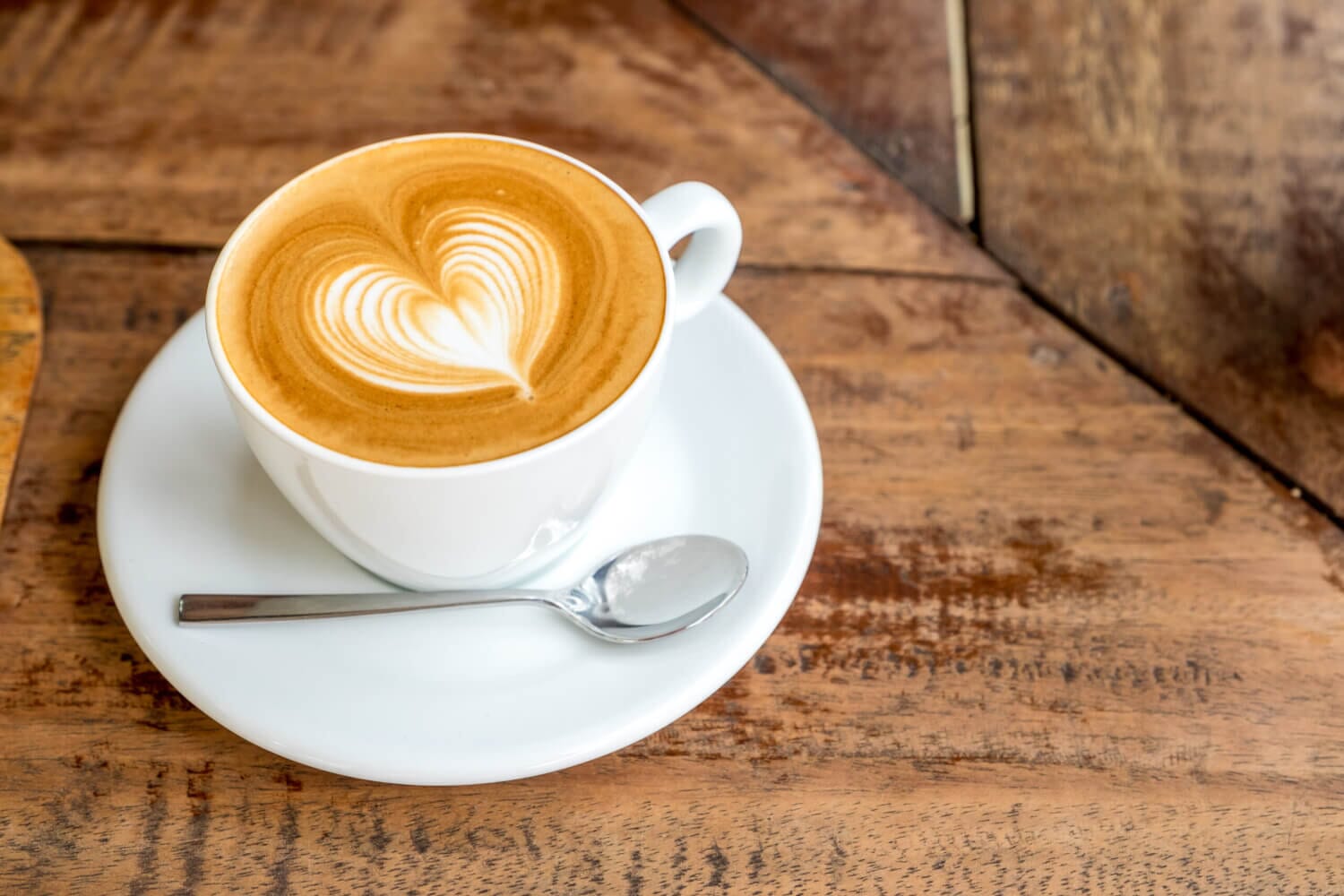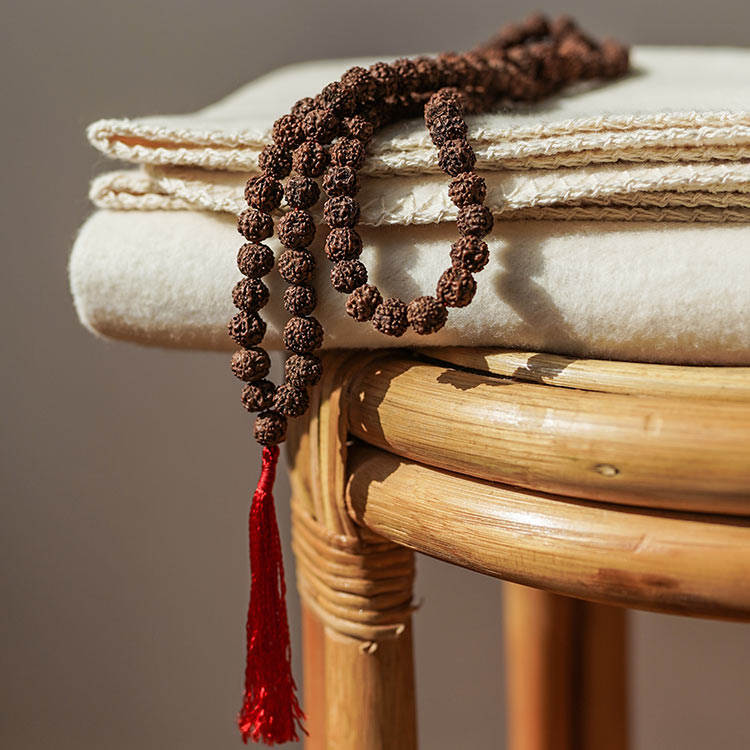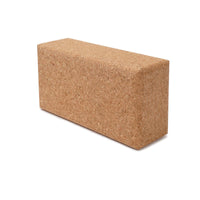
Why you shouldn't drink coffee while doing yoga!
As a yogi who regularly takes to the mat and practices yoga, you don't want to harm your health. This raises the question of whether combining caffeine with yoga is a good idea. In this article, we'll explain and provide you with all the important information.

Is coffee healthy?
Opinions differ greatly on this question, so in the end everyone has to decide for themselves whether to drink this beverage or not.
Generally speaking, however, you should know the following information:
- Consuming coffee can have an impact on your liver. This is especially true with very cheap products. The reason is that many chemicals are used in the cultivation of the plant, so you should definitely switch to organic coffee if you can't do without it. This ensures that no pesticides are used.
- Caffeine causes us to artificially stimulate our nervous system, exposing ourselves to stress. This is why many people drink coffee; they feel more energetic because the nervous system is unnecessarily activated. This isn't necessarily conducive to inner balance.
- As you may know, coffee dehydrates the body. This makes it particularly unsuitable for yogis and other athletes. During a workout or yoga session, the body needs to be optimally hydrated. Many people sweat more as a result of drinking it, which can negatively impact vitamin levels (excessive amounts of vitamins are flushed out).
- As a highly stimulating drink, coffee causes inner restlessness or irritability in many people.
- It contains a lot of acid, which is bad for the entire body. Many people notice this in their stomachs, which suddenly cause problems.

Is your inner balance thrown off by coffee?
Those who follow yogic teachings know that coffee is " rajasic ." This means it disrupts your inner peace. If you practice yoga regularly on your mat , the goal over time is to be as connected to yourself as possible, to experience inner unity and balance, and to strengthen your intuition.
The caffeine it contains isn't particularly conducive to these cravings. Therefore, it's advisable to avoid this stimulant, especially if you're very sensitive.
Giving up caffeine – what happens in your system?
Many people feel a certain dependence on this substance, after which withdrawal can be an intense phase depending on the individual. Some coffee lovers even experience physical withdrawal symptoms during the first few days without caffeine. These include headaches, fatigue, depression, or inner dissatisfaction.
If you experience these symptoms, know that they could be due to withdrawal. This doesn't mean you have to immediately eliminate them with a new cup of coffee. Wait a few days, endure the symptoms, and see how your well-being changes.
How can you deal with withdrawal symptoms?
Of course, the answer always depends on your individual withdrawal symptoms.
For example, if you feel tired and exhausted, breathing exercises on your meditation cushion could be helpful. Alternate nostril breathing, where you breathe in and out alternately through your left and right nostrils, breathing fire to boost your circulation, or taking repeated deep breaths can boost your circulation and reduce fatigue.
You can balance inner dissatisfaction with exercise in the fresh air or asanas on your yoga mat. These feelings often arise from an energy blockage in the body, which can be balanced through healing movement. Yin yoga helps you loosen your fascia and feel more calm within. Ashtanga yoga or Vinyasa yoga revitalize your system and can be beneficial for fatigue.
A balanced diet with fresh foods will also help you feel better and more vital.
Important : These feelings and withdrawal symptoms are absolutely okay and should be accepted. Perhaps you can take time to reflect on your thoughts and feelings during this very special phase.
How can withdrawal be made easier?
Are you determined to eliminate caffeine from your daily life, but unsure how to do it as easily as possible?
In this case, the following points are advisable:
- Find an alternative that you can drink during these usual moments. Switching to teas or ceremonial cacao (which also contains a very small amount of caffeine, comparable to a cup of decaffeinated coffee) is recommended. Ceremonial cacao, consisting of 100% cacao (the cacao bean is completely ground, without removing the cocoa butter or adding any other ingredients), is a good choice if you want to be more focused while also calming your system. Of course, the effect on each individual must be tested individually; these plants do not always have the same effect on everyone.
- You can now change the moments you enjoyed with coffee. Introduce new habits into your life. Instead of a coffee break, you can do a short breathing exercise or practice a few asanas.
- Writing down your thoughts can also help you get through these moments.
- Physical symptoms may be reduced with other measures (breathing exercises, asanas, exercise in the fresh air).
Are you a coffee lover? If so, does it limit your yoga practice in any way? If not, was your withdrawal mild, or have you never drunk coffee before?
Share







